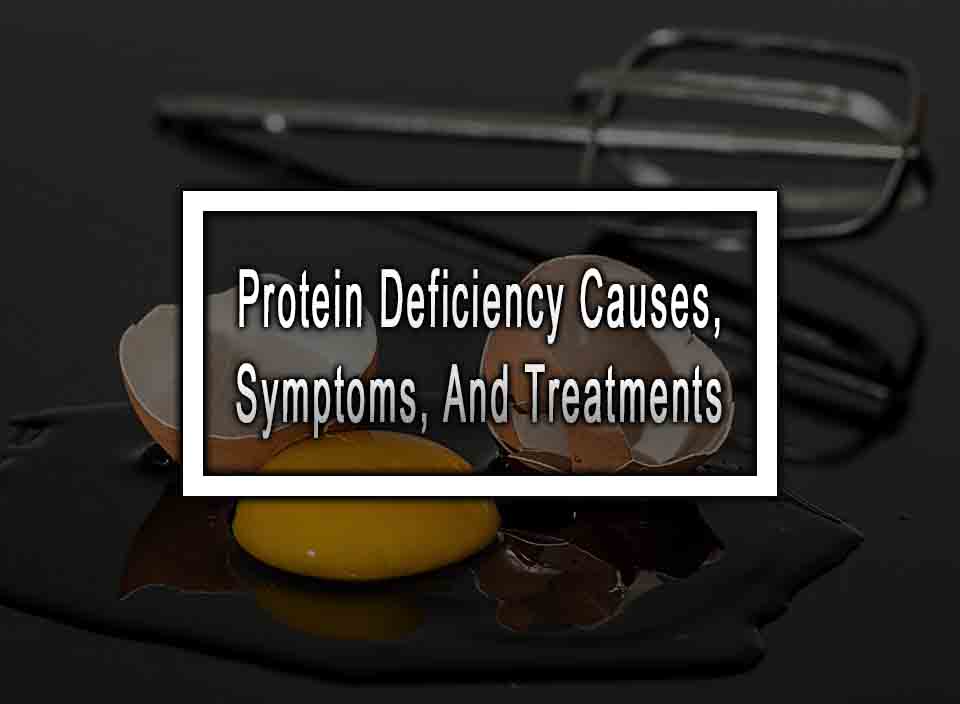Proteins are one of the essential macronutrients that our body requires to function correctly. They are responsible for maintaining and repairing the body’s tissues, building muscle, and producing enzymes and hormones. However, a protein deficiency can lead to severe health issues, including stunted growth, a weakened immune system, and even death. Sadly, protein deficiency is still prevalent in many parts of the world, where people do not have access to adequate nutritional food. In this article, we will discuss what protein deficiency is, its causes, symptoms, and ways of preventing and treating it.
Table of Contents
ToggleWhat is Protein Deficiency?
Protein deficiency is a lack of sufficient dietary protein intake that can lead to a range of health problems. It can occur in people of all ages, but it is particularly harmful to children as it can cause growth and development issues. Protein is made up of 20 amino acids, nine of which are essential and cannot be produced by the body itself, which means that they must be obtained from food. If the body does not get enough of these essential amino acids, it can lead to a protein deficiency.
Causes of Protein Deficiency:
- Inadequate Protein Intake: One of the primary causes of protein deficiency is a lack of sufficient protein in the diet. This can occur due to poverty, food insecurity, or an insufficient intake of protein-rich foods.
- Malabsorption: If the body is unable to absorb the nutrients from the food we eat, it can lead to protein deficiency. This can occur due to gastrointestinal diseases or surgery that affects the digestive system.
- Increased Protein Requirements: Certain medical conditions, such as pregnancy, breastfeeding, and intense physical activity, can increase the body’s protein demands. If the body is unable to meet these increased requirements, it can lead to protein deficiency.
Symptoms of Protein Deficiency
The symptoms of protein deficiency can vary from mild to severe and depend on the duration and severity of the deficiency. Some of the common symptoms are:
- Muscle weakness
- Fatigue
- Swelling of the feet and legs
- Thin hair and brittle nails
- Edema
- Slow growth and development in children
- Skin, hair, and nail problems
- Increased risk of infections
- Delayed wound healing
- Anemia
Preventing Protein Deficiency
- Eat Protein-Rich Foods: Including protein-rich foods in your diet is the best way to prevent protein deficiency. Some of the best sources of protein are meat, fish, eggs, dairy products, beans, lentils, nuts, and seeds.
- Cook Your Food Properly: Cooking food properly can make it easier for the body to absorb nutrients, including proteins.
- Eat a Balanced Diet: A well-balanced diet that includes a variety of fruits, vegetables, whole grains, and protein-rich foods can help ensure that you get all the necessary nutrients, including protein.
Treating Protein Deficiency
- Increase Protein Intake: If you have a protein deficiency, increasing your protein intake is the most effective way to treat it. Your doctor or dietician can help you determine how much protein you should be consuming based on your age, weight, and activity level.
- Nutritional Supplements: In some cases, your doctor or dietician may recommend nutritional supplements, such as protein powder or amino acid supplements, to help you meet your protein requirements.
- Medical Treatment: In severe cases, where the underlying cause of protein deficiency is a medical condition, medical treatment may be necessary to address the issue.
Conclusion
Protein deficiency is a severe health issue that can lead to many health problems, including stunted growth, a weakened immune system, and even death. It is particularly harmful to children, as it can cause developmental issues. The best way to prevent protein deficiency is to include protein-rich foods in your diet, cook your food properly, and eat a balanced diet. If you have a protein deficiency, increasing your protein intake, taking nutritional supplements, or receiving medical treatment can help you recover quickly. If you suspect that you or someone you know may be suffering from protein deficiency, seek medical attention immediately.
Protein Deficiency FAQ
Here are the most common questions about protein deficiency.
Who is at risk of protein deficiency?
Vegetarians, vegans, and people who follow very low-calorie diets may be at risk of protein deficiency. People with inflammatory bowel disease, cancer, kidney disease, and liver disease may also be at risk.
Is protein deficiency common in the United States?
Protein deficiency is not common in the United States due to the abundance of protein-rich foods available in the American diet. However, some groups may be at risk, particularly those who follow restrictive diets or have medical conditions.
What are the long-term effects of protein deficiency?
Long-term effects of protein deficiency can include chronic malnutrition, impaired growth, weakened immunity, and an increased risk of infections. In severe cases, it can lead to organ failure and death.
Can protein deficiency occur in children?
Yes, protein deficiency can occur in children, particularly in developing countries where access to protein-rich foods may be limited. Children who are malnourished and don’t receive enough protein may experience stunted growth, delayed development, and other health problems.
Can too much protein be harmful?
Consuming excessive amounts of protein can be harmful to the body, particularly if it comes from sources high in saturated fat such as red meat. High-protein diets can also put a strain on the kidneys and contribute to dehydration. It is important to consume protein in moderation and balance it with other nutrients in the diet.
More like this: Types Of Vitamin Deficiency












